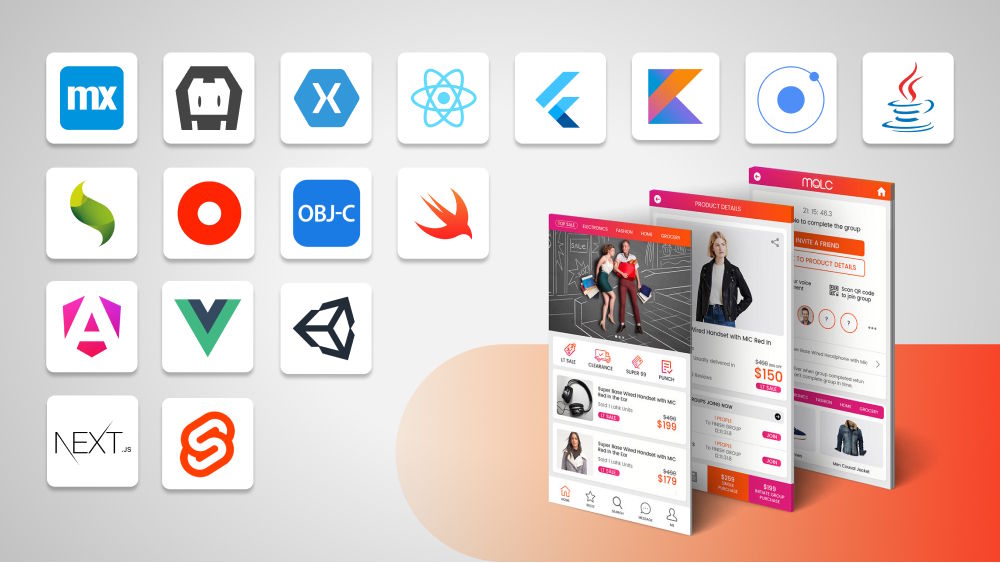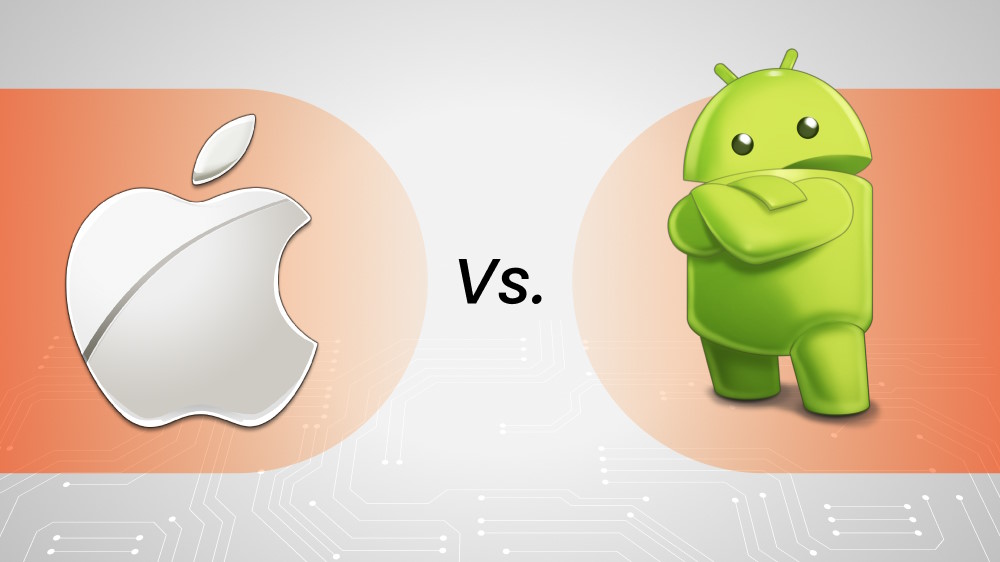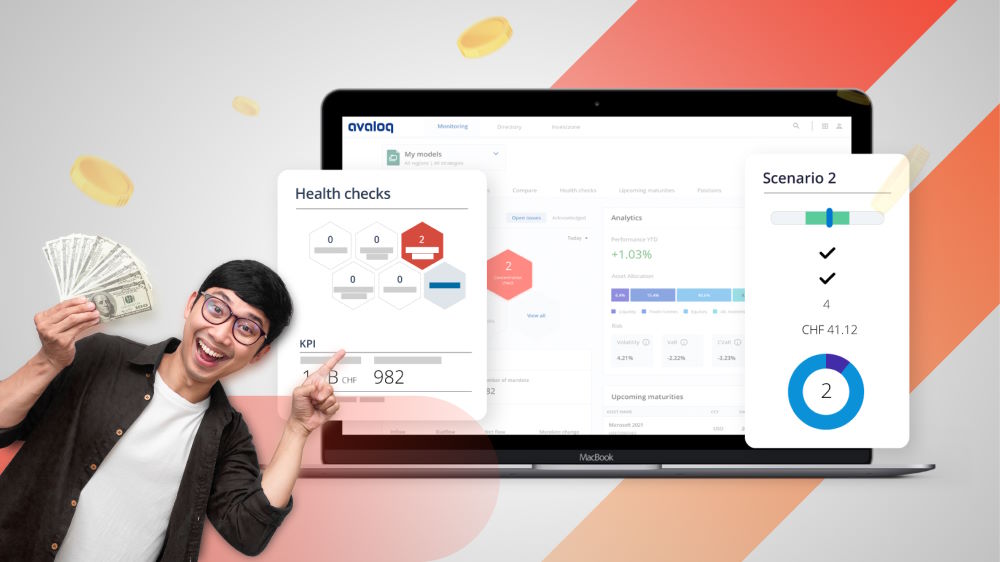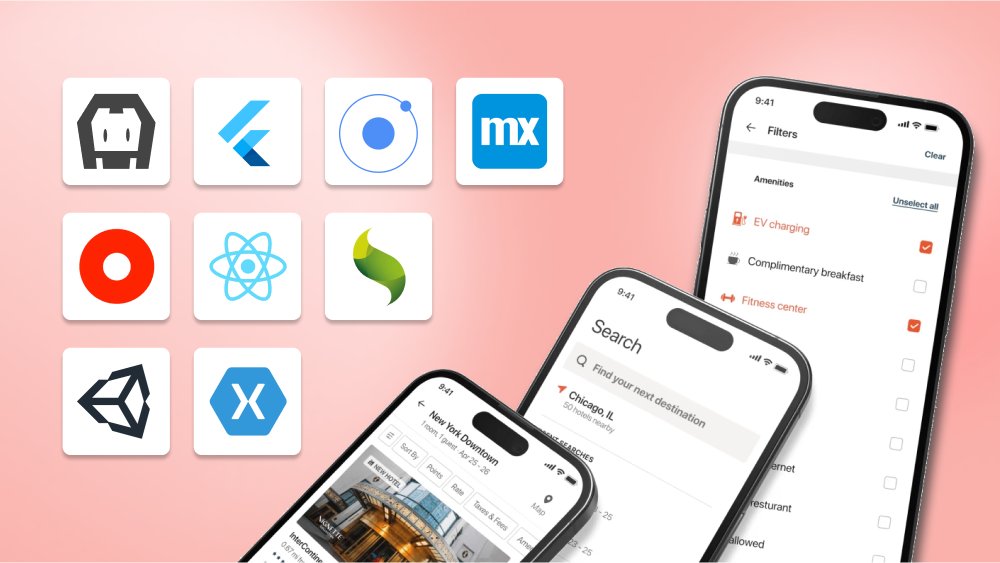Hackers vs. Your App: Mobile Application Security Assessment Is a Weapon

Content Map
More chaptersHold onto your smartphones! The age of 5G is upon us, promising lightning-fast internet speeds and revolutionizing the way we connect. With this surge in mobile data traffic comes a tidal wave of opportunity: a fertile ground for innovative mobile applications.
Statistics show that over 96.5% of internet users now access the web primarily through their phones, making mobile apps the new battleground for businesses and consumers alike. As our reliance on mobile apps grows, so do the risks associated with them. In this battle of wits between hackers and your app, mobile application security assessment (MASA) comes in as your ultimate weapon.
Malicious hackers and fraudsters have their eyes on mobile devices. Here, we will delve into the crucial importance of mobile application security testing, unveiling how they fortify your app’s defenses and shield your users’ sensitive data from malicious threats. Get ready to arm yourself with the knowledge and tools needed to protect your app and preserve the trust of your users in this increasingly interconnected digital landscape.
Get ready to arm yourself with the knowledge and tools needed to protect your app and preserve the trust of your users in this increasingly interconnected digital landscape.
The Enemy: Hackers and Mobile App Vulnerabilities

Our mobile apps hold a treasure trove of personal information, financial data, and even access to other accounts. However, this convenience comes with a hidden threat: mobile app vulnerabilities. These are weaknesses in the code or design of apps that hackers can exploit to gain unauthorized access or control.
Some of the most typical mobile app security vulnerabilities include:
- Insecure data storage: When apps store sensitive data like passwords or credit card information unencrypted on the device or transmit it without proper security measures, hackers can intercept it.
- Injection flaws: These vulnerabilities occur when user input isn’t properly validated, allowing hackers to inject malicious code into the app. This code can then steal data, manipulate app functionality, or even take control of the device.
- Lack of encryption: Failure to encrypt sensitive data while in transit or at rest leaves it vulnerable to interception. Hackers can intercept unencrypted communication channels, such as Wi-Fi networks, to eavesdrop on user interactions, steal login credentials, or perform man-in-the-middle attacks.
These vulnerabilities can have serious consequences. Hackers can exploit them to steal login credentials, credit card information, or even personal messages. They can disrupt app functionality, rendering it unusable or causing crashes. Perhaps most frighteningly, they can inject malware that steals data in the background or bombards users with unwanted ads.
Real-world examples of mobile app security breaches serve as a stark reminder of the potential consequences. For instance, the infamous Equifax breach in 2017 exposed the personal information of over 147 million people due to a vulnerability in their mobile app. Another notable example is the Pegasus spyware, which exploited vulnerabilities in messaging apps to remotely infect devices and gain access to personal user data.
Your Defense: Mobile Application Security Assessments
In the battle against mobile app vulnerabilities, your greatest weapon is mobile app security testing, or, more comprehensively, a Mobile Application Security Assessment (MASA). A MASA is a comprehensive evaluation process that identifies weaknesses in your app’s security posture. Think of it like a security checkup for your app, uncovering potential problems before they can be exploited by hackers. Organizations conduct MASAs to ensure that their mobile applications are created with security in mind, reducing the risk of security breaches and protecting sensitive user data.
There are several different types of MASAs, each offering a unique perspective on your app’s security controls. Here are some of the most common:
- Static Application Security Testing (SAST): SAST involves analyzing the application’s source code or binary without executing it. This method helps identify vulnerabilities early in the development process, including coding errors, insecure practices, and potential weaknesses that could be exploited by hackers.
- Dynamic Application Security Testing (DAST): DAST involves assessing the app while it is running to identify vulnerabilities and potential security flaws. It simulates real-world attacks, examining the application’s behavior and responses to uncover vulnerabilities that may not be apparent through static analysis alone. This process is known as dynamic analysis.
- Interactive Application Security Testing (IAST): IAST incorporates components from both SAST and DAST. It analyzes the application in real-time, providing dynamic feedback during testing. IAST can detect vulnerabilities while the application is running and provide valuable insights into the root causes of those vulnerabilities.
MASAs encompass various testing methodologies, each with its own focus. Vulnerability scanning employs automated tools to meticulously scour the app’s code and configuration for known weaknesses. Penetration testing, on the other hand, simulates real-world attacks to uncover exploitable loopholes. Risk assessments take a broader view, analyzing the app’s overall ecosystem to pinpoint areas susceptible to compromise. Finally, security architecture and configuration reviews delve into the app’s underlying structure to ensure it adheres to security best practices.
By undergoing a MASA, businesses, and app developers gain a multitude of benefits. Early detection and mitigation of vulnerabilities become possible, preventing costly data breaches and reputational damage. MASAs also enhance user trust by demonstrating a commitment to robust security practices. This can be a significant differentiator in a competitive app market. Moreover, MASAs can streamline the app development process by identifying and rectifying mobile security issues early on, saving time and resources in the long run.
Popular Mobile App Security Assessment Tools
The mobile app security landscape boasts a diverse range of tools to address various needs and budgets. Here’s a comprehensive list of some of the leading mobile application security assessment tools, categorized based on their primary functionalities:
Static Application Security Testing (SAST) Tools
- Checkmarx OneTM: This cloud-based platform leverages SAST and Software Composition Analysis (SCA) to meticulously examine your app’s code for vulnerabilities. It offers extensive coverage for known weaknesses and automates a large portion of the testing process, making it ideal for developers seeking a fast and efficient solution.
- Fortify on Demand by OpenText: This comprehensive SAST tool identifies security flaws within the app’s codebase. It provides detailed reports and remediation guidance to help developers address vulnerabilities effectively.
- Code Dx by Veracode: Another prominent SAST tool, Code Dx scans your app’s code for security weaknesses and offers prioritization based on potential impact. It integrates seamlessly with development workflows, enabling developers to solve issues early in the development lifecycle.
Dynamic Application Security Testing (DAST) Tools
- Appknox: This cloud-based solution utilizes a combination of SAST, DAST, and Mobile Runtime Application Self-Protection (RASP) for a comprehensive assessment. Its DAST capabilities simulate real-world attacks to unearth potential vulnerabilities in the app’s functionality and network interactions.
- WhiteHat Sentinel Mobile: This platform provides automated DAST along with static code analysis. WhiteHat Sentinel Mobile excels at identifying vulnerabilities that might be missed by SAST alone, offering a more well-rounded assessment.
Penetration Testing Tools
- NowSecure Platform: This platform focuses on manual penetration testing, where highly skilled security professionals meticulously analyze your app to uncover exploitable weaknesses. NowSecure offers a highly targeted approach, ideal for businesses handling highly sensitive data or facing specific security concerns.
- Astra Mobile Pentest: Similar to NowSecure, Astra Mobile Pentest provides in-depth manual penetration testing conducted by experienced security experts. They go beyond just vulnerability discovery, offering actionable remediation guidance and post-assessment support for long-term security.
- Cobalt.io: This platform leverages a crowdsourced approach to penetration testing, where a global network of vetted security researchers collaborate to identify vulnerabilities in your app. Cobalt.io offers a cost-effective option for businesses seeking a comprehensive manual assessment.
RASP (Runtime Application Self-Protection) Tools
- Appknox: As mentioned earlier, Appknox incorporates RASP technology alongside SAST and DAST for a holistic assessment. RASP provides ongoing protection against emerging threats even after the app is deployed, continuously monitoring the app’s behavior to detect and prevent potential attacks.
- GuardSquare Context Security: This platform offers a combined solution of DAST and RASP, providing both pre-deployment vulnerability detection and real-time threat protection for deployed apps. GuardSquare Context Security helps ensure your app remains secure throughout its lifecycle.
Choosing the Right Tool
Beyond the categories listed above, some tools offer a blend of functionalities. The ideal MASA tool depends on your specific requirements. Consider factors like the app complexity, your budget, and the level of security expertise within your team.
- For a quick and automated initial assessment, SAST tools like Checkmarx One can be a good starting point.
- If you require more in-depth analysis or handle sensitive data, consider penetration testing platforms like NowSecure or Astra Mobile Pentest.
- Tools like Appknox offer a balance between automated and manual testing, providing a comprehensive assessment for various needs.
Remember, a MASA is an investment in the security of your mobile app and the trust of your users. By choosing the right tool and conducting regular assessments, you can proactively shield your app from evolving threats and build a strong foundation for success.
Beyond the Assessment: Building a Secure Mobile App Development Lifecycle
While mobile application security assessments are a valuable tool for identifying vulnerabilities, true mobile app security requires a more comprehensive approach. Security needs to be integrated throughout the entire software development life cycle (SDLC) to create a truly secure app.
Developers should be equipped with the knowledge and tools to write secure code from the very beginning. They should utilize secure coding libraries, implement data validation, and ensure proper input sanitization to prevent vulnerabilities from being introduced in the first place. It is crucial to conduct threat modeling early on in the development process. This involves identifying potential attack vectors and implementing appropriate security measures to mitigate those risks. By anticipating potential threats, developers can proactively build defenses against them and enhance the overall security of the application.
In order to ensure the security of the deployment process, it is important to use secure code repositories, implement strong authentication for access control, and adhere to industry best practices for configuration management. This helps prevent vulnerabilities from being introduced at the last minute. However, security measures should not end with deployment. It is crucial to regularly monitor the app for suspicious activity and emerging threats. Incorporating RASP tools for real-time protection can also be beneficial. Continuous monitoring enables quick identification and resolution of any security issues that may arise.
Building a secure mobile app development lifecycle takes effort and expertise. If you don’t have the internal resources or security know-how, consider partnering with a mobile app development company that prioritizes security.
Orient Software is a leader in secure mobile app development. Our team of experienced developers follows industry best practices and utilizes cutting-edge security tools to create apps you can trust.
Ready to build a secure and successful mobile app? Contact Orient Software today to discuss your project or schedule a consultation with our security experts. Together, we can turn your app idea into a reality, with security at the forefront.







